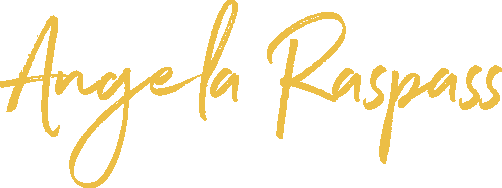The foundation stone of Self-Leadership is Self-Knowledge, being aware of who you are, and this includes your strengths, your values, and your personal vision.
We all have talents that help us stand out and succeed, and the better you know yourself, the easier time you’ll have maximising your potential and happiness in your business, career and life.

Logically, knowing our strengths allows us to use those that benefit us consciously and more actively, and develop those that we might potentially find useful. Furthermore, this insight can help us to bring those strengths forward to mitigate the impact or address any weaknesses we may have.
The Strengths Profile system I use is an assessment that blends three dimensions of measure to build a rich understanding of where strengths are being used and how best they can be capitalised on in the context of your life at this point in time.
- Performance: How well do you perform this?
- Energy: How do you feel when you are doing this – is there an energy gain or loss?
- Use – How often are you using this? In which situations?
This evaluation categorises results across the four categories below – consider it a personal SWOT analysis – and provides a detailed, personalised report on how to use the results and insights in practical, impactful ways. In a personal debrief we work through your report, helping you own your traits and develop a game plan for leveraging them.

Let’s take a quick look at Realised Strengths – those strengths you have good access to, are energised by and perform well. What does the research say about working with these?
Cappfinity identifies some of the most well-established and recent findings on the benefits of a strengths-based life.
- Feeling happier – Those who use their strengths in new and different ways have reported higher levels of happiness.
- Having higher self-esteem – People who used their strengths more often reported higher levels of self-esteem.
- Having higher confidence – People who used their strengths more reported higher levels of belief that they can achieve the things they want to achieve.
- Having more energy – The use of strengths is associated with high levels of positive energy and a buzz.
- Building resilience – Through using strengths, people were able to overcome obstacles that would have previously hindered their use of strengths.
- Greater sense of wellbeing – The use of strengths is positively linked with wellbeing and these three psychological needs: autonomy, relatedness, and competence.
- More engaged – People who use their strengths are six times more engaged at work. Wow!
- Achieving goals – By aligning strengths to goals, people are more likely to achieve them as they become personally meaningful. Ask yourself if your goals really reflect both your energies and priorities.
- Improving productivity – Strengths use has been proven to substantially increase job-performance and productivity for companies.
- Improving teamwork – Focusing on strengths in teams facilitates: efficient allocation of tasks, greater role flexibility, and encourages co-operation.
- Increasing openness and ability to deal with change – The use of strengths generates positive emotions that broaden people’s mindsets, encouraging them to discover new ways of thinking and acting, and the ability to deal with the after-effects of negative events.
Those are pretty compelling results! As business and career women, it makes good sense to consciously design our roles around our strengths so we are working and playing as our best selves. We often have a level of awareness about what our strengths are, “play to your strengths” is part of our common language, but it can be pretty difficult to accurately assess them for ourselves.
Why? Here are three key reasons:
- Your strengths are often things you find easy and so you’re likely to assume it would be easy for everyone and therefore not a particularly important or unique strength.
- We often get caught up in social comparison – there are always going to be other people we are aware of in the world who are better than we are at something, and we can tend to feel that fact lessens the value of our strength.
- We can tend to have too narrow a definition as to what IS a strength – social conditioning can influence our perception of what’s actually valuable.
So, take the time to dive in and explore your strengths further. The most popular free strengths profiling tool online is the VIA Character Strengths. And if you would prefer a Personal Strengths Assessment Debrief, you can book a session with me here.











